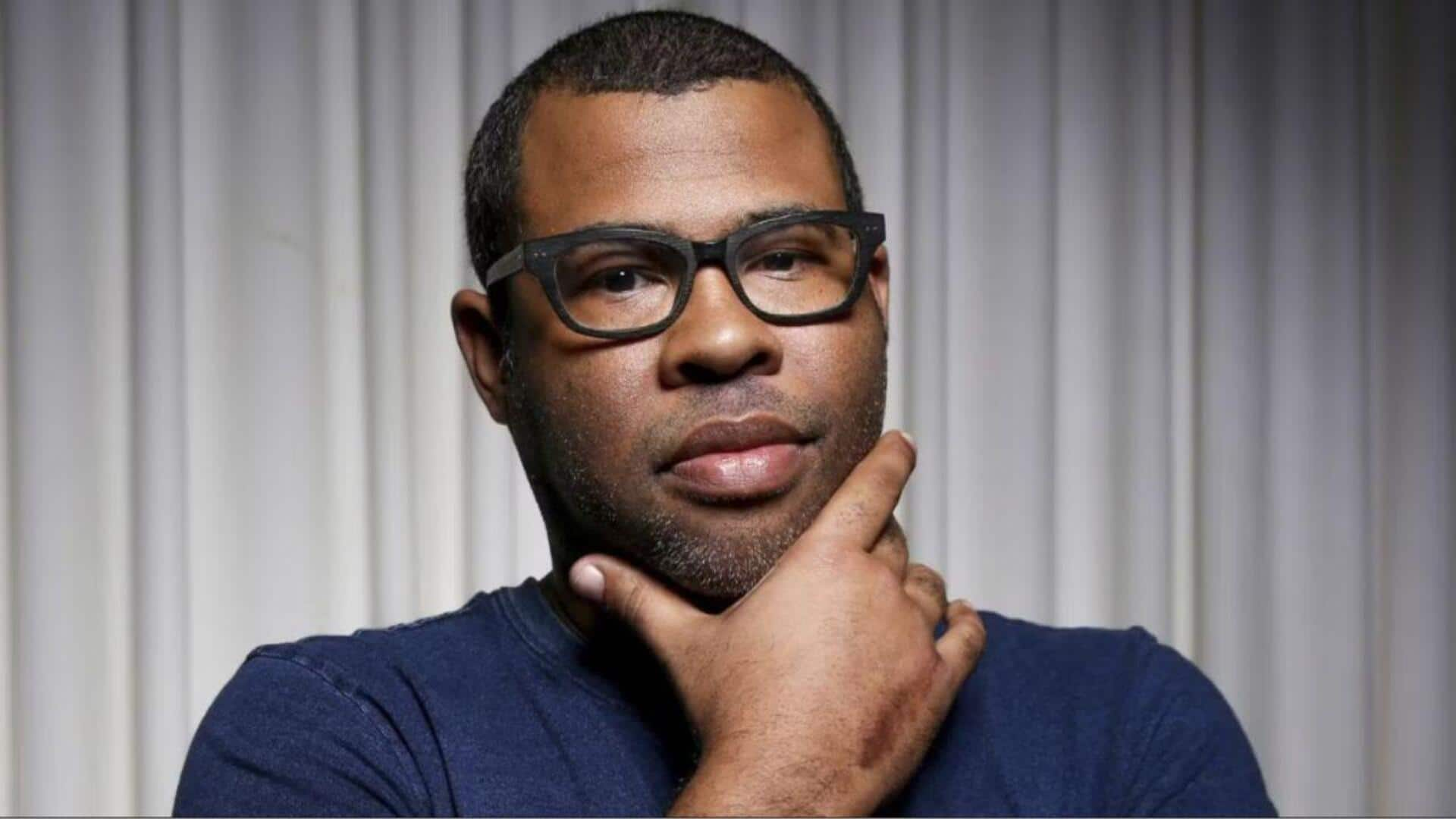
Inside Jordan Peele's horror revolution
What's the story
Jordan Peele has redefined the genre with his unique storytelling and innovative approach. The actor-director has carved a niche for himself, blending social commentary with suspenseful narratives. His films have not only captivated audiences but also challenged traditional norms of the genre. Here are five ways Peele has changed horror, offering insights into his creative process and the impact of his work on cinema.
#1
Redefining horror with social commentary
Peele's films are known for their sharp social commentary, tackling issues like race and identity head-on. By weaving these themes into thrillers, he elevates the genre beyond mere entertainment to a platform for critical discourse. This approach encourages viewers to engage with deeper societal issues while experiencing the thrill of a well-crafted story.
#2
Innovative storytelling techniques
His storytelling techniques are both innovative and engaging. Peele often employs non-linear narratives and unexpected plot twists that keep audiences on edge. These techniques not only enhance suspense but also encourage viewers to pay close attention to details, making each viewing experience unique.
#3
Emphasis on psychological horror
Unlike traditional films that rely heavily on sudden surprises or intense scenes, Peele focuses on psychological aspects. His works delve into the human psyche, exploring fears that are more cerebral than physical. This shift emphasizes character development over spectacle, creating a more immersive experience for viewers.
#4
Strong visual aesthetics
Peele's films are visually striking, with a keen eye for detail and symbolism. His use of color, lighting, and cinematography adds layers of meaning to his stories while enhancing the overall atmosphere. These visual elements work in tandem with the narrative to create a cohesive and impactful viewing experience.
#5
Empowering diverse voices in cinema
Through his work, Peele has opened doors for diverse voices in Hollywood. He actively champions representation both in front of and behind the camera, ensuring that a variety of perspectives are included in storytelling. This commitment not only enriches cinema but also inspires future generations of filmmakers from different backgrounds.